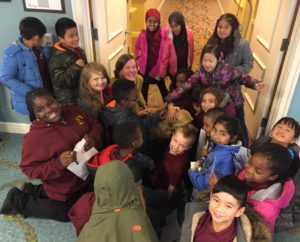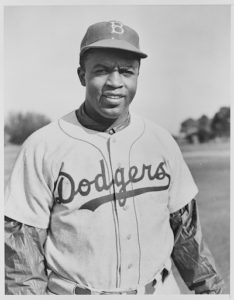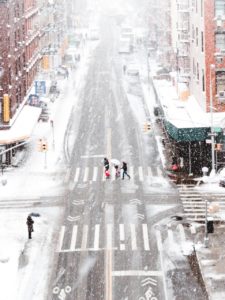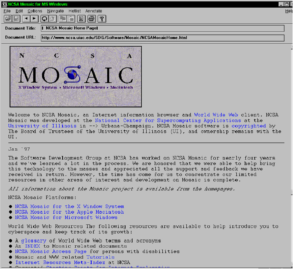Benefits of Teaching Memoir: It Can Lead to Other Cool Opportunities, too
February 16, 2019 • 12 Comments • Posted in blindness, careers/jobs for people who are blind, guide dogs, questions kids ask, Seeing Eye dogs, visiting schools, Writing for Children
Whitney got a lotta love from the Goudy kids yesterday.
My Seeing Eye dog Whitney and I spent yesterday afternoon answering questions from third-graders who attend Goudy Elementary, a Public school in Chicago’s Uptown neighborhood. The third graders are part of a Friday “reading buddies” program at Admiral At the Lake, a retirement community where I lead weekly memoir-writing classes.
Goudy is so close to The Admiral that the third grade teacher and her students can walk there. On most Fridays each third-grader brings a favorite book to read out loud to an assigned Admiral resident (their “reading buddy”). Yesterday was different, though. The third-graders had all read my children’s book Safe & Sound before they’d arrived, so rather than reading a book to their buddies, the third-graders gathered around in a circle with a children’s book author (that was me!) so each of them could ask a question.
Every single child told me their name before asking their question, and since their older reading buddies were seated way in the back of the room, I made a point to repeat each question the kids asked. That way their buddies could hear the question, too. Some examples:
- If you’re blind, you touch things, so can you always feel what your dog is doing?
- Does your dog ever get distracted by squirrels?
- When a Seeing Eye dog has a birthday, do they get the day off so they can just play that day?
- Does your dog ever get distracted and get you into trouble?
- Does your dog ever play with something that doesn’t belong to him?
- How many miles can your dog be away and still hear you?
- If a mom was blind, and her little girl was blind, too, could they have two Seeing Eye dogs?
- Does a Seeing Eye dog ever get to play all day?
- Do other animals help blind people, too, or just dogs?
- How come seeing Eye Dogs are so important for blind people?
Three of the older reading buddies there yesterday also take my memoir-writing class that’s sponsored by The Admiral — those writers were my “in” to yesterday’s presentation, they invited Whitney and me to join in on the fun. Those “reading buddies” tell me spending Fridays with third-grade kids who are full of life and vitality keeps them more active. It gives them something to look forward to every week. And the third graders? They get to leave school Friday afternoons to go outside! Their walk to The Admiral is invigorating, especially in the freezing temperatures we’ve been experiencing in Chicago lately. Once they arrive? The kids get to read to — and learn from — people with loads of life experience, people who are delighted to spend one-on-one time with them.
This is such a cool thing, I wonder why similar programs aren’t going on in other retirement communities. Sure glad it happens here, though — means Whitney and I got to come!




